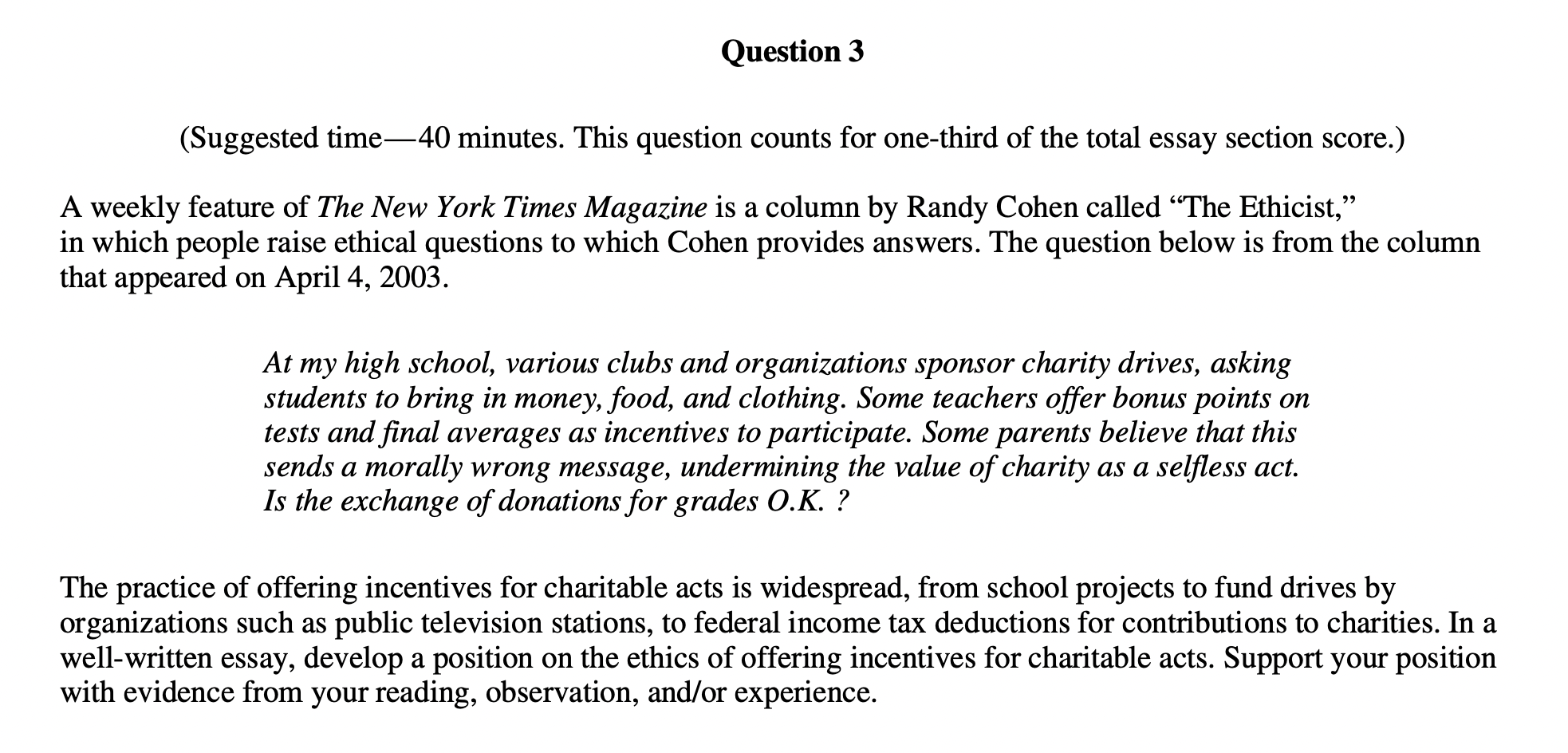A recent piece in the Rochester Post Bulletin ran under this headline: "RPS's new grading system, Grading for Learning, gets poor marks with many teachers." You can read the full piece here:

As I read, I was struck by the inadequacy of the headline. Yes, some teachers are struggling with the new "Grading for Learning" system, but the reporter, Matthew Stolle, goes to great pains to include voices of opposition, teachers who think the new system is good (or, at least, good if modified and managed better).
In a recent piece for this site, I argued for some similar provisions to Grading for Learning. My basic premise was simple: students should be able to continue trying until they've reached satisfactory results. It would be a shame, for example, if we told budding surgeons: "Nope, that's now how you do the procedure. You'll never be a surgeon." We don't do that, of course. The surgeon keeps practicing until she has the moves just right.

Likewise, I argue, students should be able to revise their essays, retake tests, and practice, practice, practice until they get it right.
The Rochester Public Schools have embraced this kind of ethic. You can read about the four "big ideas" at length on the page below, but I'll summarize them too:
Grading for Learning's Big Ideas
- Homework, quizzes, and other daily tasks are formative practice and should not negatively impact a summative academic grade.
- Reassessment is allowed on all summative assessments.
- Nonacademic factors are not counted in the summative academic grade.
- Only evidence of student proficiency toward learning targets or summative assessments is used to reach a summative academic grade.
If you read between the lines here, you can see what's going on. Rochester Public Schools are trying to make grades meaningful again, a reflection of a student's proficiency rather than other factors.
This is an age-old debate, isn't it? A decade-and-a-half ago, the AP English Language and Composition exam featured this prompt for its argumentative essay:

When I was a kid, growing up in the 1980s and 1990s, it was common to receive extra credit or "points" for a variety of non-academic activities. I recall, for example, that I earned extra credit in my English classes because I was cast in one of the school's plays. Students not cast could receive extra credit for attending the play. No one really stopped to say, "Well, what if you aren't able to attend the play? How is that fair?"
I see Rochester's "Grading for Learning" paradigm as an attempt to wrestle grades to the ground, to make them meaningful so that they aren't simply indicators of privilege or unhealthy grindstone mentalities. Instead, the argument seems to be, grades should be indicators of academic proficiency. An "A" should mean that a student has met (nearly) all the objectives of the course, not that the student donated money to a charity or attended a play or whatever.
Where some will likely take issue with "Grading for Learning" is in its attitude toward quizzes and homework. Rochester Public Schools reframes these activities as "practice." Therefore, they are formative assessments intended to help students along the way. The grade, however, is not about how many practice sessions you held or how many little projects you completed. Instead, the grade will be based on the summative assessments: what can you do when the pressure's on?
This, of course, has its own set of problems. What do we do, for example, with students who have test anxiety?
But, it seems to be a step in the right direction.
As one teacher in the Post Bulletin article points out, the trouble that many teachers are having with the system is not really about the grading system itself: it's about the roll-out and the training.
If you are going to completely shift your paradigm of assessment, then you can't keep doing things the same old way. The homework and the quizzes need to be meaningful and targeted. Otherwise, don't assign them.
Stephen Shakes His Fist at Homework (Again)
This attitude — anti-homework — may seem controversial to some, but I assure you, students can, indeed, learn without homework. At present, I teach a homework-free class, and students are learning quite a bit. How do I know? Well, I pre-assess their knowledge and skills, then we go through a series of learning experiences, and then we assess again. The assessments show growth. Bingo!
While students are welcome to work on their assignments outside of class time, the course is designed such that the most meaningful, most important experiences, happen inside the classroom. After all, I see these students for 80 minutes every other day: roughly 60 hours of class time during the semester. I tell students at the beginning of the semester that if they give me their best 80 minutes every other day, then we won't have homework. They like the bargain, and they maximize class time.
So, how do I teach a homework-free class? Well, let me give you some thoughts.
Structure and Routine
Recently, an administrator observed one of my classes and called it "chaotic." This might sound like a strike against me, but I'm wearing it as a badge of honor. My class time does often look chaotic, but there's a structure and a routine that governs almost everything we do. (I say "almost" because I know, too, the value of breaking that routine.)
Here's the typical structure of an 80-minute class:
- Gratitude. We spend 5–10 minutes going around the table and sharing what we're grateful for that day (or what we're looking forward to). This is an integral part of the class. When we skip it (rarely), students clamor for it.
- Reflective Journaling. Students then take about 10 minutes to respond to a journal prompt. The prompt is intended to re-activate what we did last class while also looking forward to what we're going to be doing that day.
- Common Experience OR Individual/Group Work. After the journal, then we move into either a common experience or individual/group work. This is where things look chaotic. I'll unpack these a little more below.
I don't do exit tickets or have any set ending for class. We work and chat and have a good time until the period is over. I usually wrap things up by telling them what they can expect next class and what they can be thinking about between now and then.
It's a loose routine, but it keeps us going.
Balancing Common Experiences and Individual/Group Work
The heart of our class meeting is either a common experience or individual/group work.
Common experiences include things like class discussions, all-class activities, viewing of documentaries, etc. These are pretty traditional, to be honest. so there's not much to say there.
Individual/group work is where chaos ensues. For each unit of the course, students can choose from a dozen or more projects and activities to explore. They can work on them individually or in groups. I don't care. As they work, they ask for help from each other, they ask for help from me. They also talk about what's for lunch later that day, or they might entreat their classmates to come to tonight's varsity soccer game. I don't really care. They chat, they have a good time, they also turn in some great work.
I do my best to balance these two modalities, but I err on the side of individual/group work as our most frequent mode because it offers students a great deal of choice in how they spend their time. My typical balance is one common experience each week.

I don't think anything I'm doing here is radical. The only thing that's radical about it, from my view, is an enormous respect for the students' time and intelligence.
I don't want my class to dominate their lives. I want them to enjoy the learning challenges I present to them each day. That's me respecting their time.
I want my grades to reflect my students' knowledge and skills. That's me respecting their intelligence. You don't need bonus points or extra credit for charity or mandated homework and such. Just come to class, try some new things, and see what knowledge and skills you pick up along the way.
This is where I love what these Rochester schools are trying to do: create a grade that has meaning. Now, let's mentor teachers into it so that they'll make it work in their contexts.


.ico)
Comments